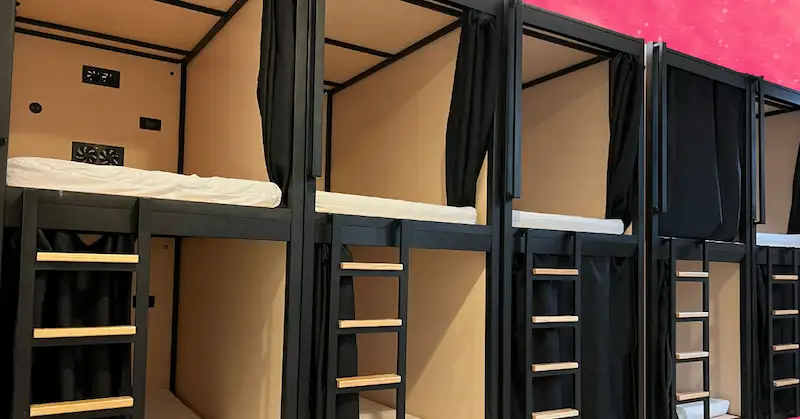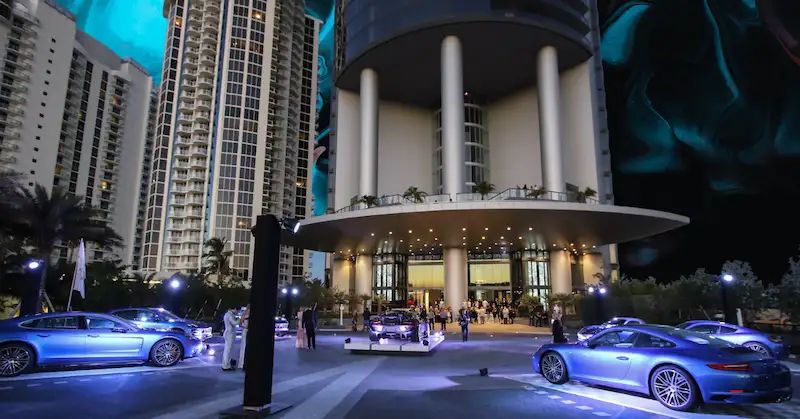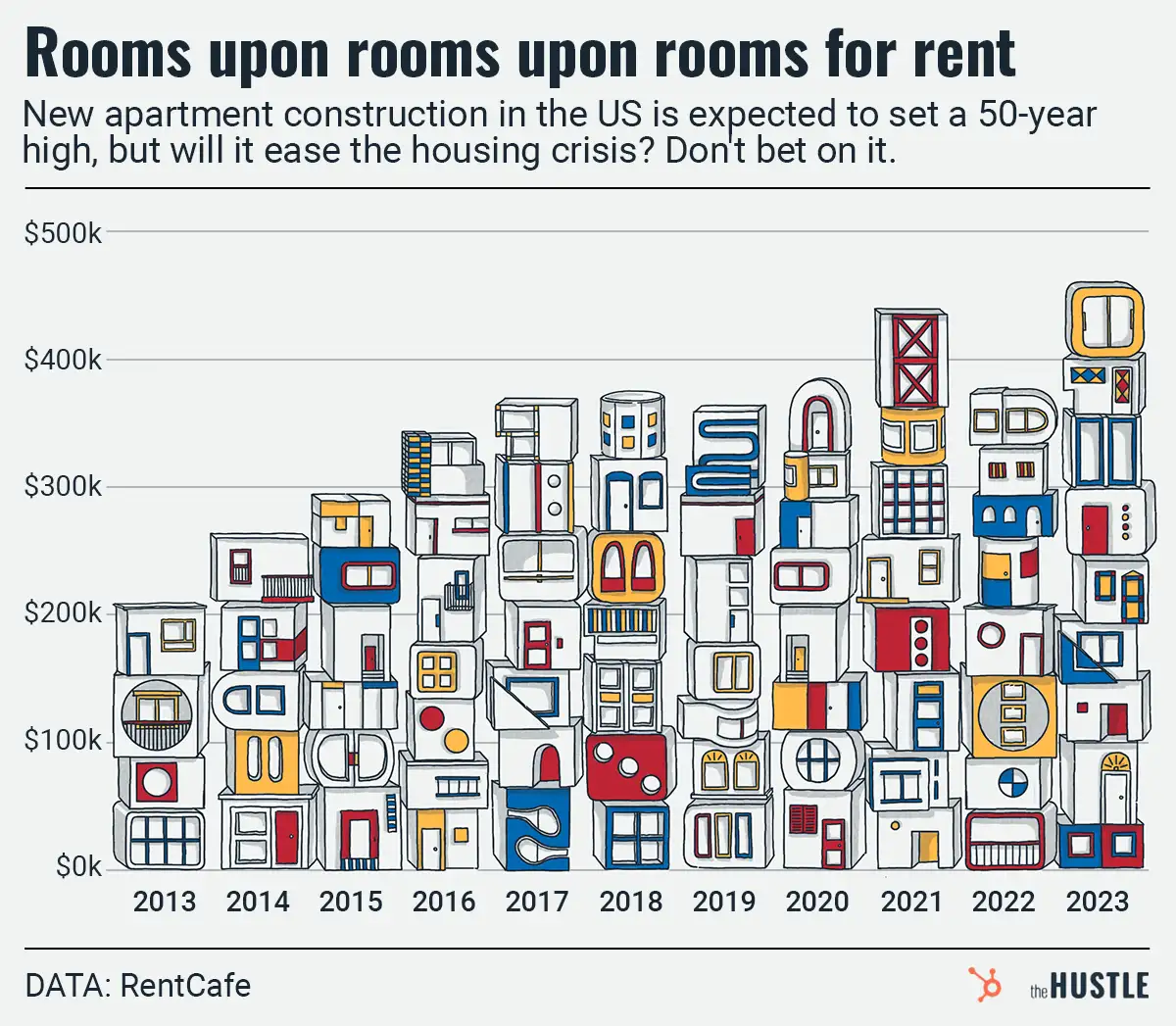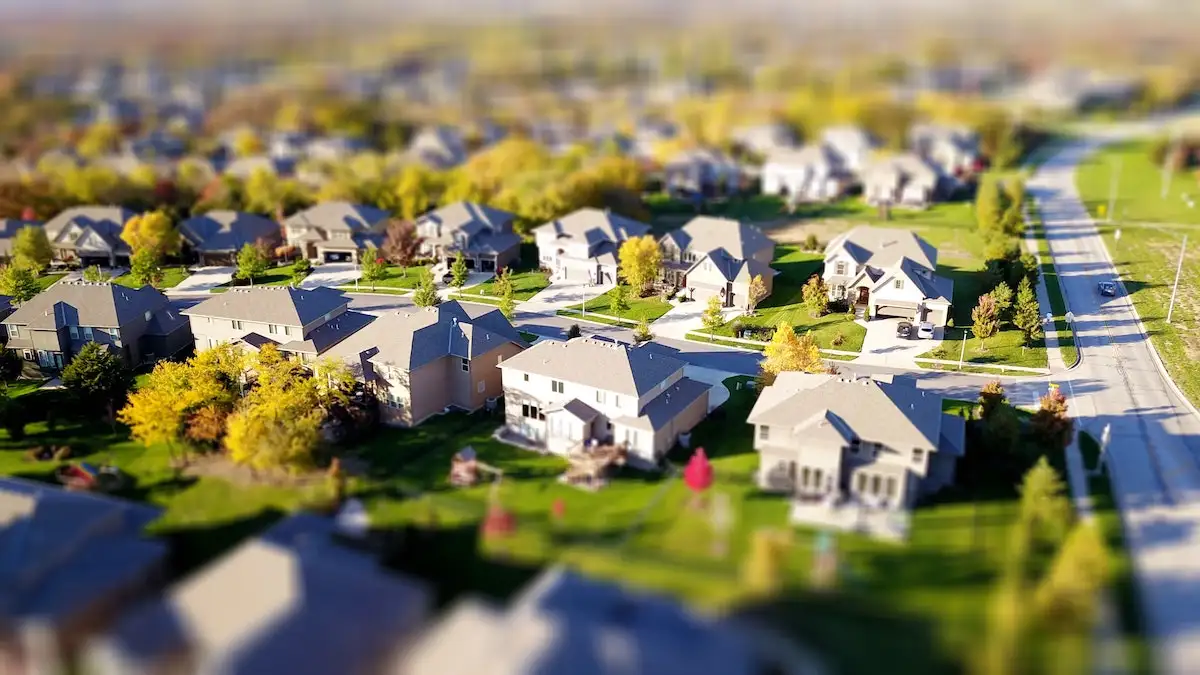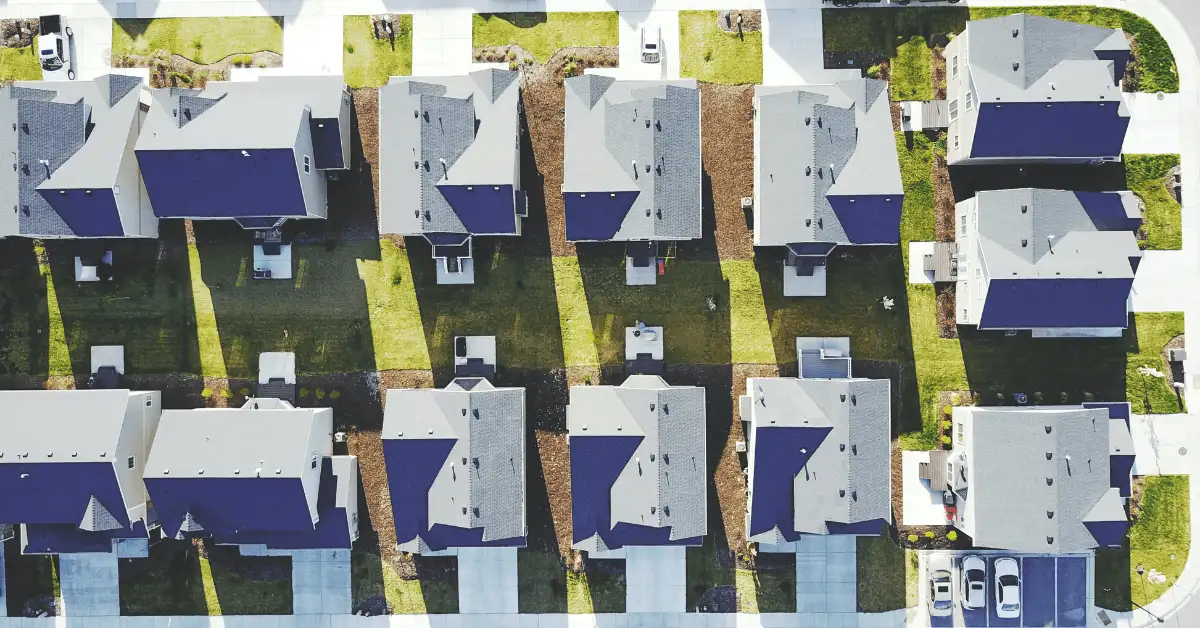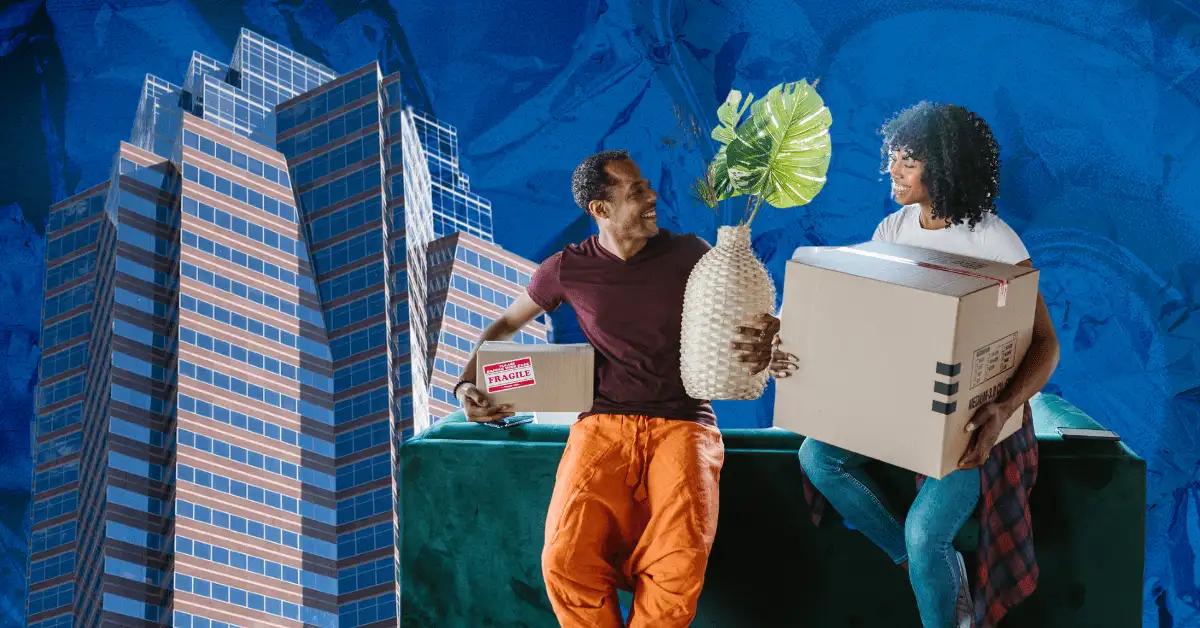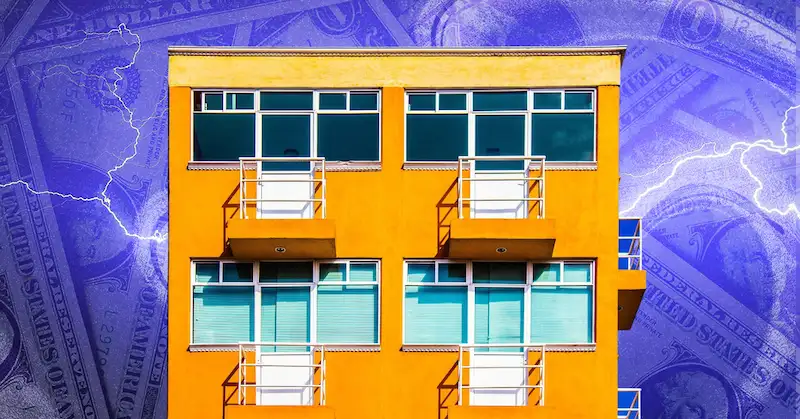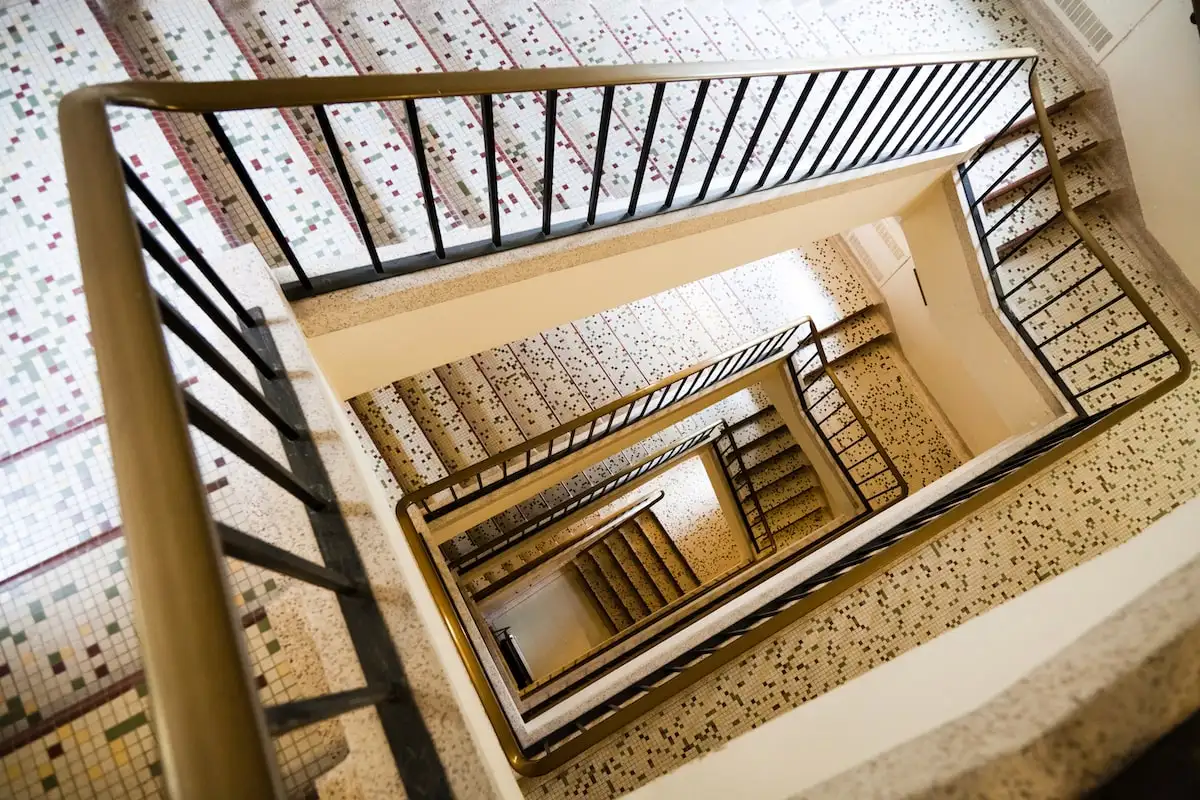In an incredible technological achievement, Nextdoor has made being a nosy neighbor socially acceptable.
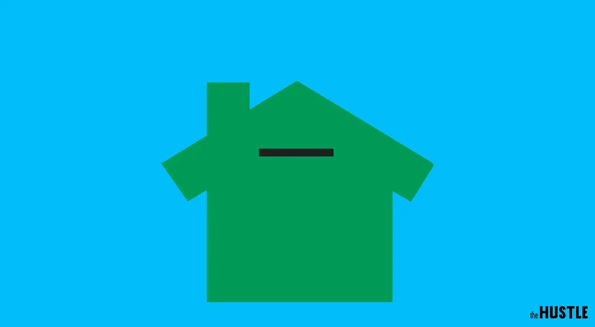
Founded in 2008, the SF-based private firm dubs itself as a “neighborhood hub,” where trusted connections can exchange goods, services, and info.
Today, 1 in 4 US neighborhoods reportedly use the platform.
Nextdoor wants to ride the ‘going public’ wave
According to Bloomberg, the firm is eyeing a valuation between $4B and $5B in a public listing. Last year, it raised $170m at a $2.1B valuation.
Actual revenue figures are unclear, but the firm makes money in 3 ways:
- Sponsored Ads: Local and regional businesses advertise in the newsfeed
- Neighborhood Sponsorship: Local home service experts and real estate brokers can promote themselves in certain zip codes
- Local Deals: Neighborhood businesses can advertise special offers to members in their area
Run by Square’s former CFO (Sarah Friar), Nextdoor is aiming to create a hyper-localized advertising empire (e.g., Yelp, but it’s your neighbors).
The pandemic has brought out the good and bad
Back in March, Nextdoor’s number of daily active users surged 80% month-over-month — largely thanks to the platform’s efforts to provide localized safety updates, help elderly neighbors, and support local businesses.
Months later, in the wake of George Floyd’s death, the company was mired in controversy around Black Lives Matter-related posts.
For years, Nextdoor has faced accusations of racial profiling on its platform. In response, it has changed its moderation policy and enlisted more Black moderators.
New Nextdoor products are trying to right the ship
Among them:
- A “Kindness Reminder” to stop abusive posts before they start
- Help Maps that give an interactive map for people to offer real-time help
They should move fast: Facebook just started trialing a similar service called Neighborhood.
Even more worrying than Facebook, some users don’t take the platform seriously. An extremely popular Twitter account (Best of Nextdoor) combs the platform far and wide, curating ridiculous posts.
Maybe it is technologically impossible to make “nosy neighbors” cool.



